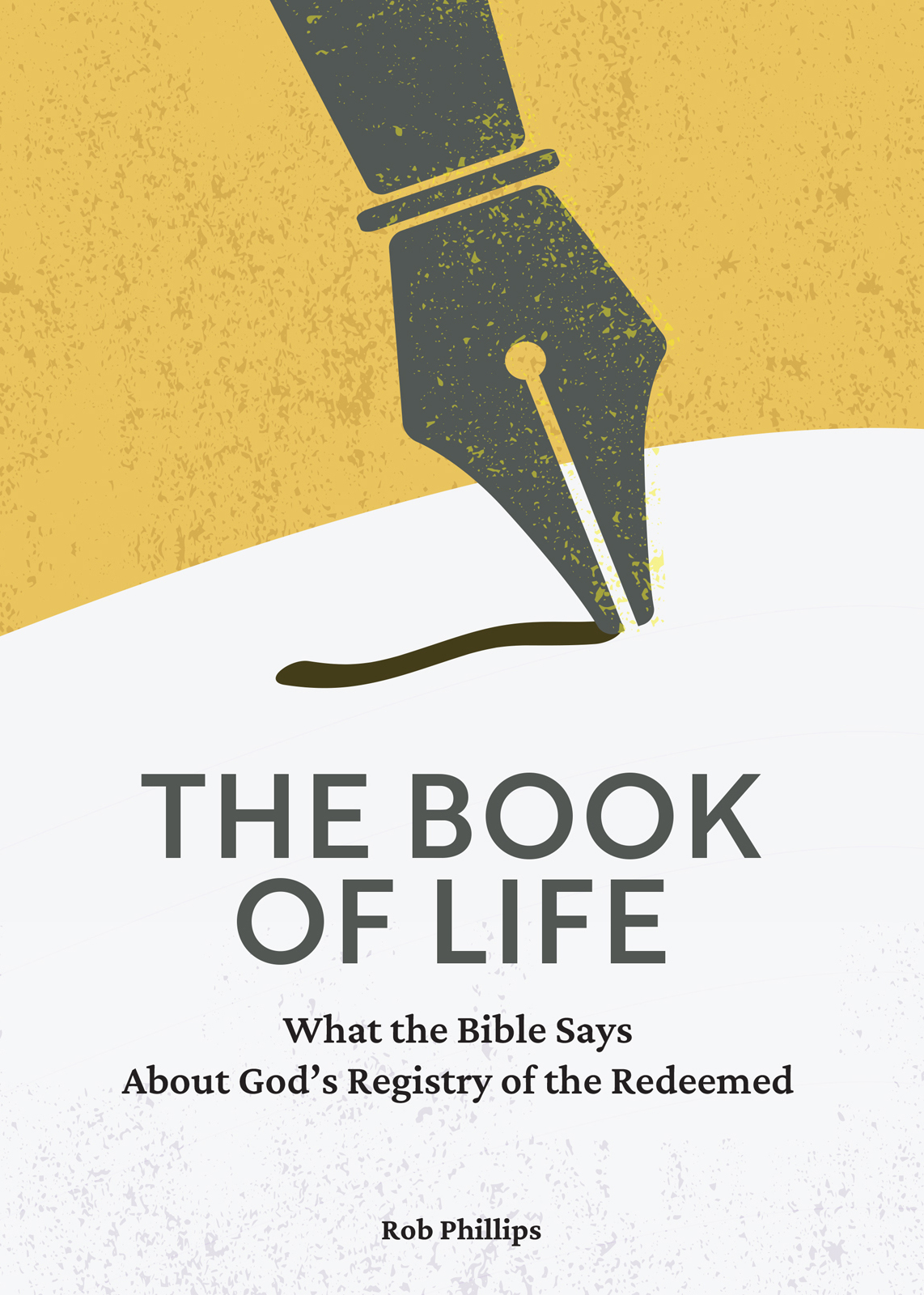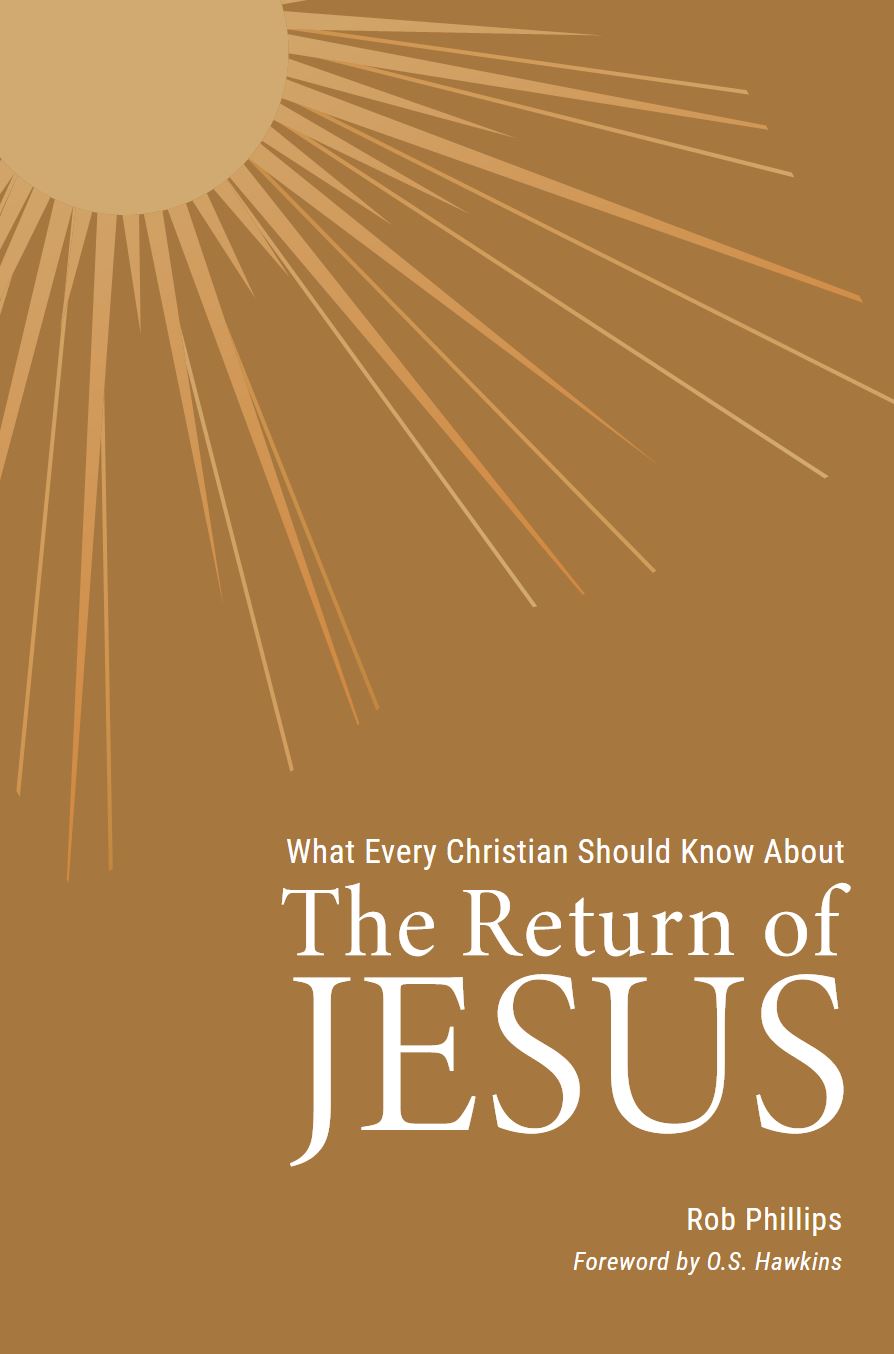
There Will Be a Time of Distress

This is another in a series of excerpts from The Book of Life: What the Bible Says about God’s Registry of the Redeemed from High Street Press and available at Amazon. This except comes from Chapter 10: All Found Written in the Book Will Escape: Daniel 12:1-3.
In the previous post, we began to examine Daniel 12:1-3, breaking down the elements of these verses so we can better understand “the book” to which Daniel refers. We continue our observations here.
There will be a time of distress such as never has occurred since nations came into being until that time.
The focus of this “time of distress” is the nation of Israel, although the raging conflicts that mark this unparalleled period in history spill over her borders. This is a time many premillennialists refer to as “the great tribulation,” the final three and a half years of a seven-year tribulation that precedes the return of Christ (Dan. 12:7, 11-12; Rev. 12:6, 14). Others see this series of events as a natural descent into wickedness in the days leading up to the return of Jesus, but they don’t limit it to a specific period of time.
In any case, before this terrible time is revealed, the angel assures Daniel that Michael the archangel is dispatched to help God’s people. Michael’s aid is essential because Satan energizes the antichrist, resulting in the death of perhaps two thirds of the Israelites (Zech. 13:8; cf. 2 Thess. 2:9; Rev. 13:2).
Continue reading

